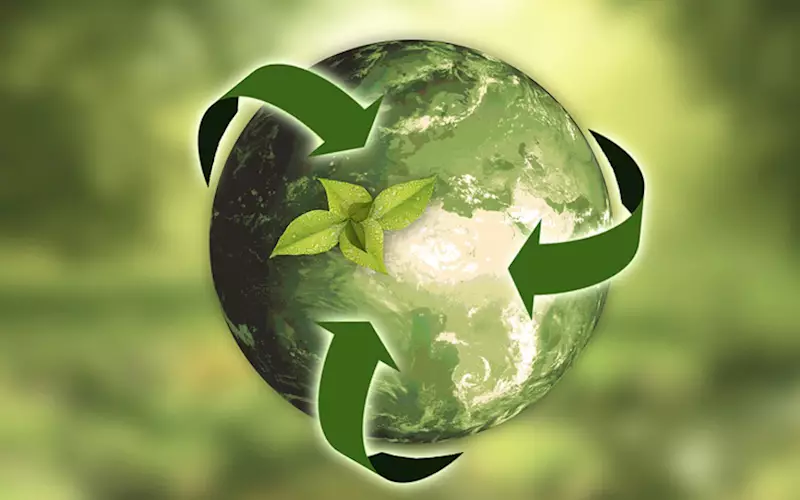Walking the green talk
The last two months have been nerve-wracking, nail-biting and action-packed. That’s right, we’re talking about the series finale of Game of Thrones, the last ever Avengers movie and the conclusion to the world’s largest democratic exercise, the general elections of our beloved country.
08 Jul 2019 | By Rushikesh Aravkar
During the swearing-in ceremony of India’s 16th Prime Minister, around 7,000 handmade carry bags made from waste plastic were distributed.
As the World Environment Day transpired on 5 June, corporate India seems to be trying gallantly to respond to the challenges faced by the environment.
Reliance Industries' apparel brand RElan announced that it has launched a limited edition T-shirt EarthTee2 made up of RElan's GreenGold fabric, which according to the company, is the greenest fabric with the lowest carbon footprint in the world.
IT major Infosys said it has reduced its per capita electricity consumption by 55 per cent from its 2008 levels and its per capita water consumption by 60 per cent. It also implements carbon offset projects and aims to become carbon neutral by 2020.
To this end, packaging major Huhtamaki PPL (HPPL) announced it is installing 1.8 megawatt rooftop solar power units at six manufacturing plants across India. With this project, HPPL aims at reducing 20 metric tonnes of carbon dioxide emissions annually, which according to HPPL, is equivalent to planting about 100,000 trees.
Bosch hopes to achieve carbon neutrality by 2020. Its Nashik plant has approximately 50,000 solar panels, generating close to 20 per cent of the power required.
Many other Indian corporates have joined the bandwagon (nay, green-wagon) to talk about initiatives for environment protection and conservation, the most concrete and promising one came from ITC.
ITC has kick-started an initiative to recycle the multi-layered plastic (MLP) packaging waste. In collaboration with the Pune Municipal Corporation and a waste-pickers collective SWaCH, ITC aims to create a scalable and sustainable model to incentivise collection of MLP waste and channelise it for recycling.
This is a significant step towards addressing the problem of plastic pollution for three reasons. One, it seems to be a more realistic plan than a plastic ban; two, it represents a shift of approach from linear model (produce-use-dispose) to a circular economy and therefore addresses the real challenge of collection and segregation of plastic waste; and three, it co-opts the waste pickers into the process.
The current set-up, according to ITC, can process 200 MT of MLP waste monthly with the potential to be scaled up to cover the entire city. As a first step, the model involves introducing a price for MLP waste which creates an incentive for the waste collectors to collect and sort MLP waste as a separate stream. Next, the entire supply chain is set up to transfer the waste from collection points across the city to an MLP Collection Hub, where the aggregated MLP waste is further sorted, baled and shipped to a recycling partner.
This programme also puts forward a role model for how government, the private sector, and civil society should work hand-in-hand. That’s the way to go.
As Dr David Clark, vice president - sustainability, Amcor USA, rightly points out in an exclusive interview to WhatPackaging?, “We must find ways to decouple economic prosperity from damage to our natural resources and environment. Helping people to be fulfilled and prosperous while also allowing nature to flourish is the ultimate goal.”











 See All
See All